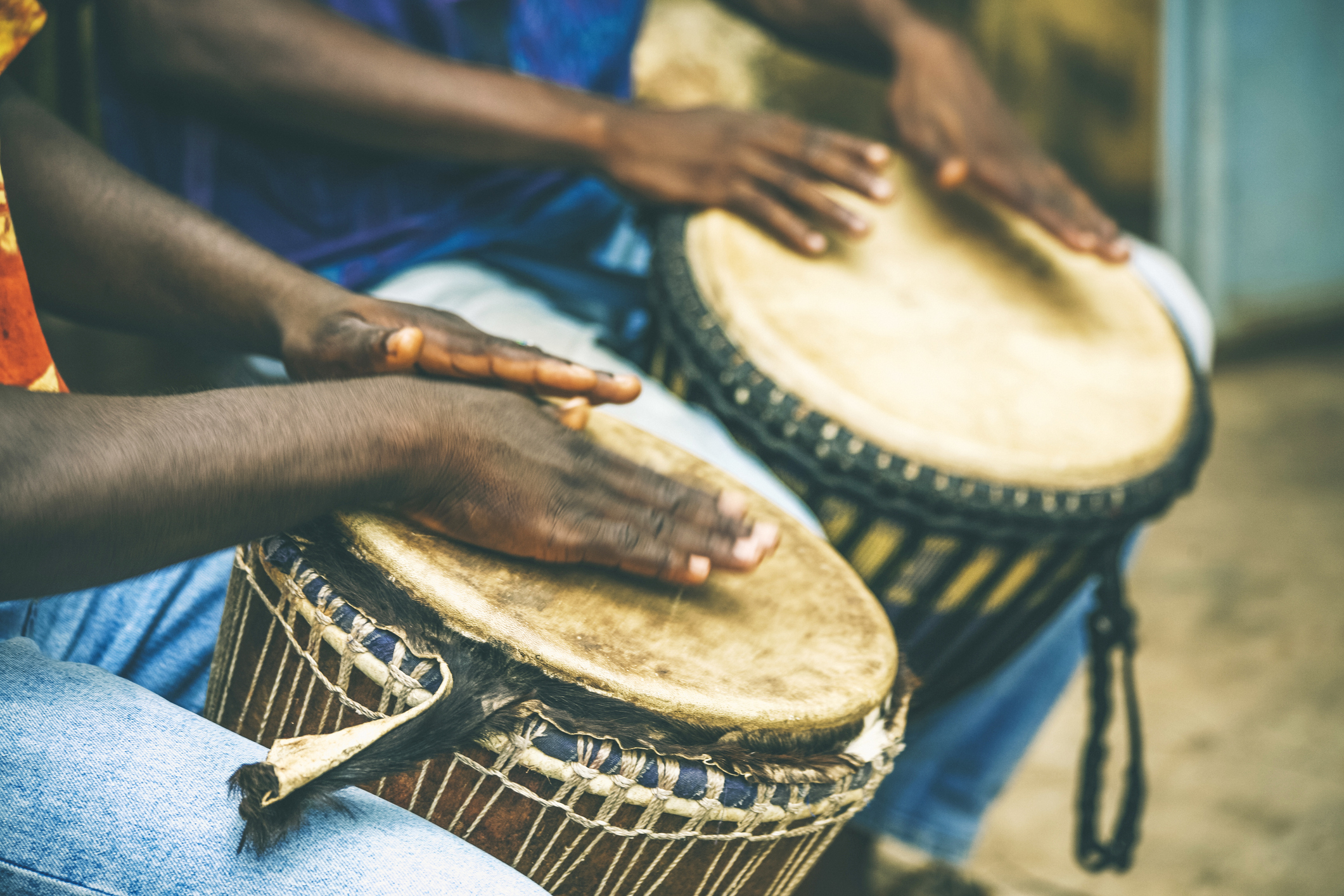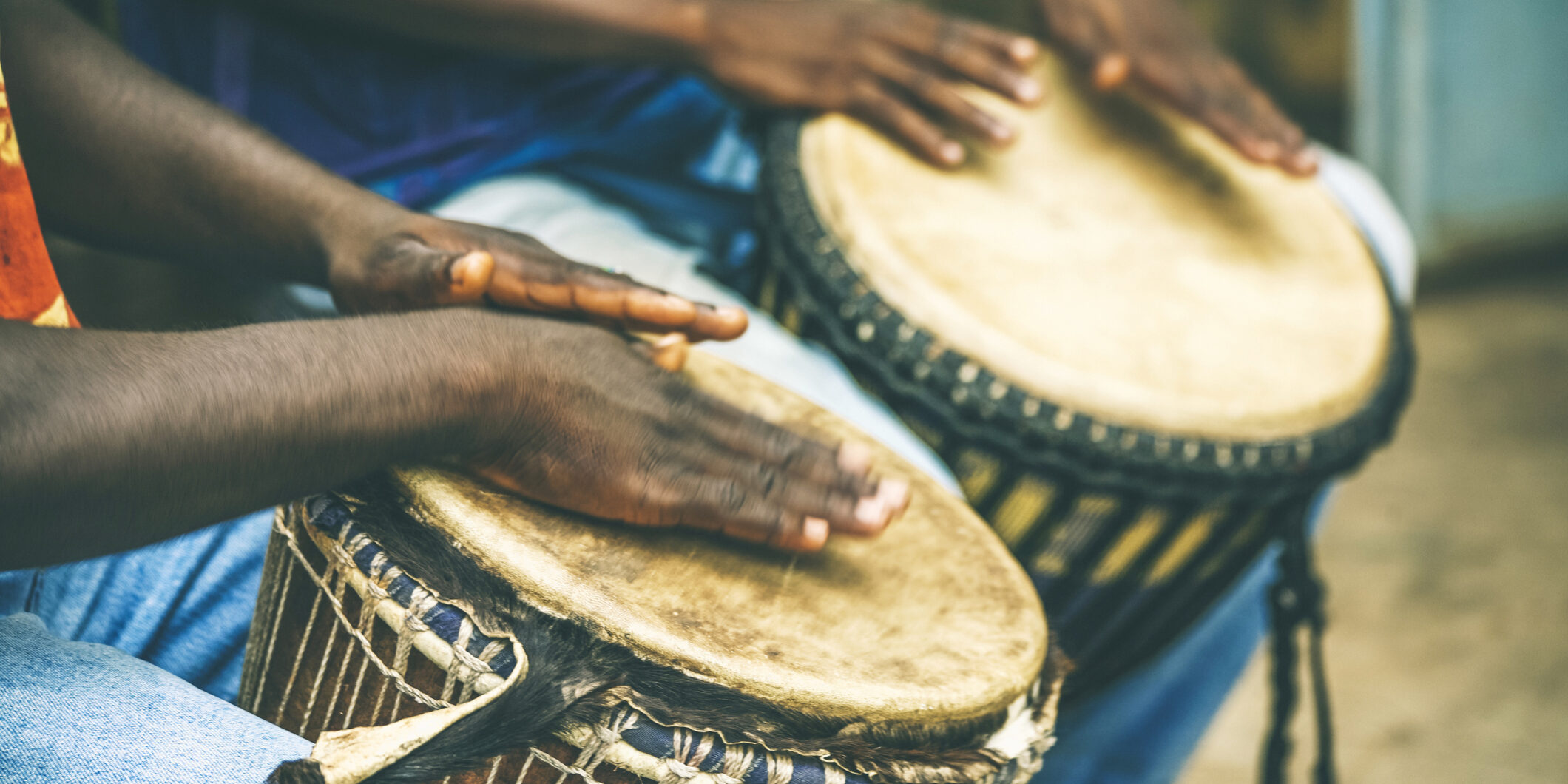Afrobeats in Nigeria
When Afrobeats emerged at the start of the new millennium, its fast-paced, propulsive energy soon captured contemporary audiences looking for vibrant music to blast from their sound systems and headphones. Today, thanks to shifting demographics, diverse cultural influences, and the rising popularity of prominent artists such as Burna Boy, Wizkid, Omah Lay, and Ckay, Afrobeats has become the pulse of Nigerian music. Here we look at how it happened and who the key players in the genre are.
The Roots of Afrobeats
When Fela Kuti brought Afrobeat to the masses back in the 1970s, the music took off in a big way. The genre blended traditional West African rhythms with contemporary jazz and funk, creating a unique sound that resonated widely. It invited audiences to access the nascent music of West Africa, while steeping it in a modern sound they were familiar with.
Decades later, Afrobeats has accomplished the same feat, but in a different way, and with an unprecedented popularity.
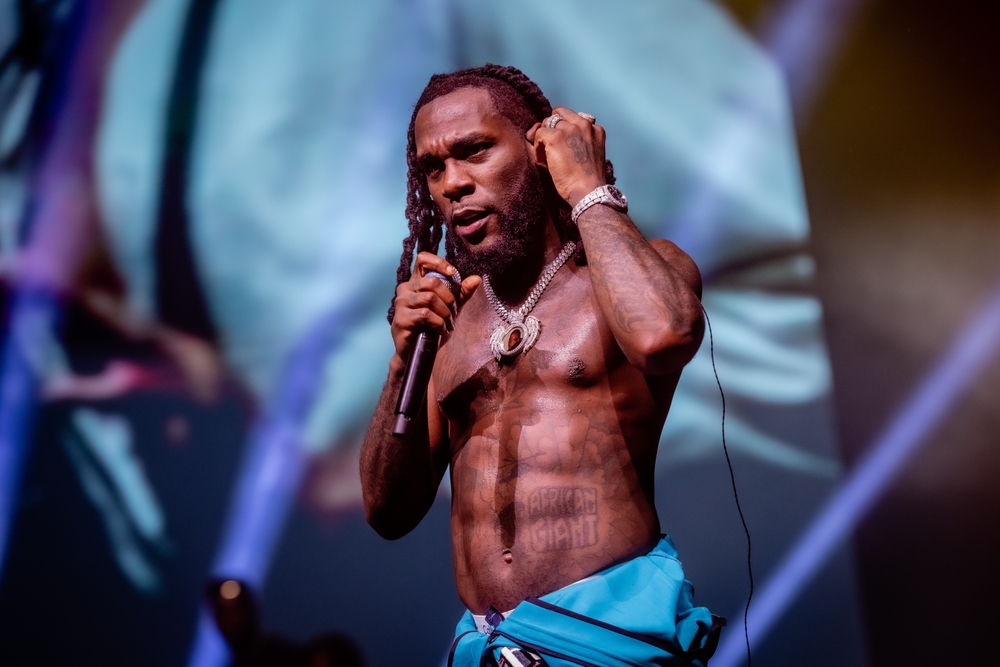
Originating in Nigeria and Ghana, but connected via demographic shifts to global cities like London, ‘Afrobeats’ with an added ‘s’, signifies a broader, more modern genre associated with West African music, such as hiplife, jùjú music, highlife, and Naija beats. It is also linked to other music styles like Bongo Flava, UK Funky, Zouk, and Gqom. The list of music styles related to Afrobeats is long, mainly because there is no strict definition of what Afrobeats is.
So, what is Afrobeats?
The key to understanding Afrobeats is to recognize its broad influences and stylistic fluidity. As a genre, it is fast-moving, free-associating, sample-friendly, and geared towards whatever works for the present moment; it comes from West Africa and is related to numerous genres from there, but it doesn’t need to be traditional or confined to a single place. Afrobeats is as much at home in London or Accra as it is in Lagos.
It is defined by driving drum beats but allows artists to experiment and infuse elements from various styles such as grime, hip-hop, pop, RnB, emo, and dancehall.
This is what has made the genre so popular. The leading Afrobeats artists aren’t too concerned about what kind of music their predecessors would want them to make. Instead they’re making the kind of energetic music that modern audiences want to listen to.
Let’s take a look at the key players in the Afrobeats scene.
Burna Boy
One of the most prominent figures in Afrobeats is Burna Boy. His journey from Lagos to London and back exemplifies the transnational nature of the genre. Burna Boy’s music, boasting hundreds of millions of streams, has garnered international acclaim, positioning him as a leading artist in the Afrobeats movement. Beyond music, he actively advocates for pan-Africanism and social justice, notably supporting protests against police brutality in Nigeria.
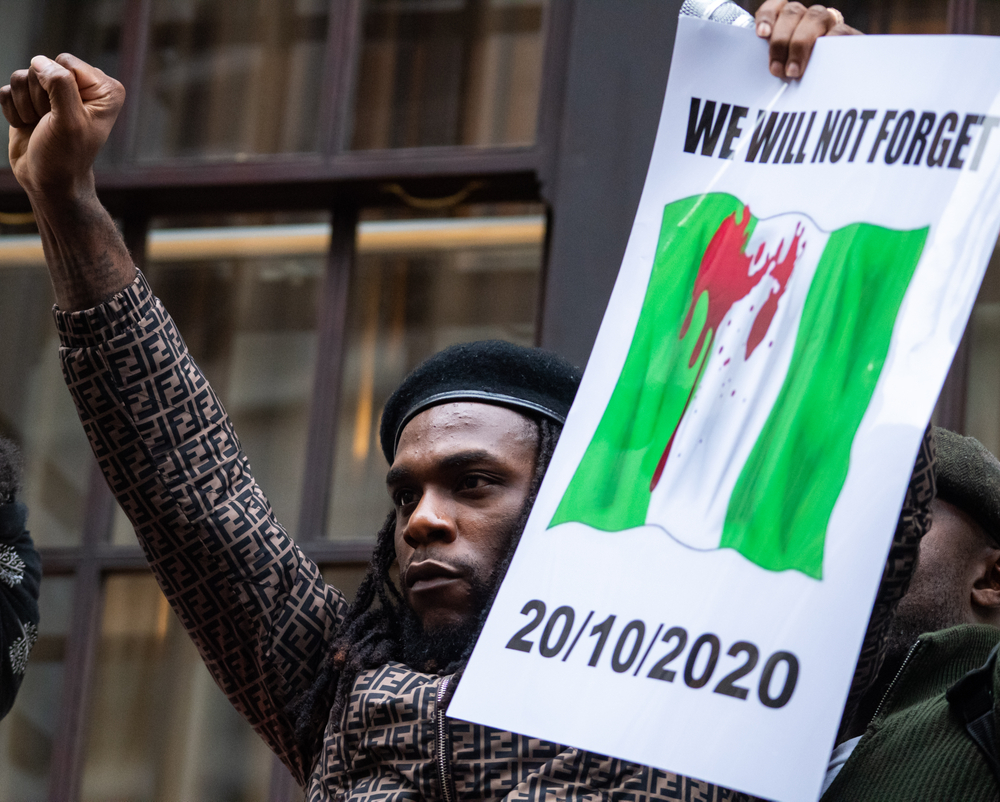
Wizkid
Wizkid is one of the most influential artists in the Afrobeats genre. He played a crucial role in elevating Afrobeats from an obscure genre to one that music industry leaders and global audiences take seriously. Wizkid’s collaborations with major international artists like Drake and Beyoncé have significantly boosted the genre’s profile.
From the mid-2010s onward, Wizkid has contributed to the ‘unstoppable surge of Nigerian music’ as described by a critic writing for the Grammys. He has achieve this by keeping the music energetic, the beats propulsive, and the vocals primed to an audience eager to dance, celebrate, and enjoy life.
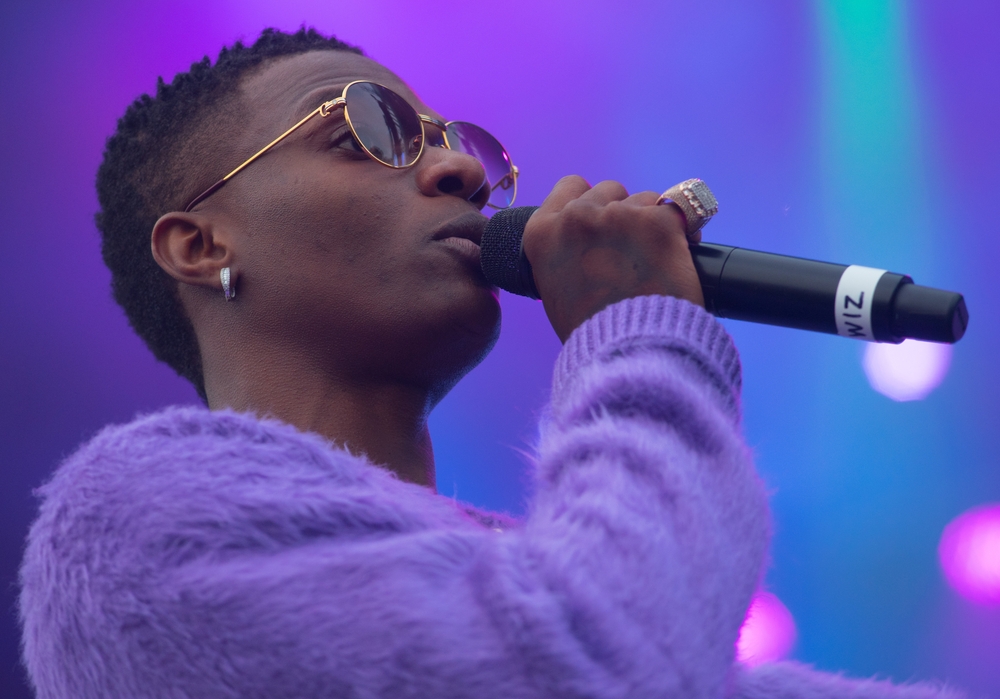
Other Successful Afrobeats Artists
The is no shortage of talented artists in Nigeria as it is one of the most populous countries in the world, with a wide diaspora. It is worth highlighting a few other names that have been pivotal in the success of Afrobeats.
Omah Lay emerged in the late 2010s, capturing the music industry’s renewed interest in Afrobeats following the successes of Wizkid and Burna Boy. His early work quickly garnered millions of streams, establishing him as a formidable force in the genre.
The artist’s international profile increased after collaborating with Justin Bieber on the track Attention. He continues to release Afrobeats-infused music, amassing hundreds of millions of streams, topping the African charts, and earning numerous awards.
Another Nigerian talent, CKay, has transitioned from an emerging artist to one of Africa’s most successful musicians in just a few short years. As a leading figure in the subgenre known as Emo-Afrobeats, CKay blends traditional Afrobeats rhythms with emotive, introspective lyrics, creating a unique and compelling sound.
CKay’s single Love Nwantiti became a massive hit, earning the title of the biggest African song of all time. This track’s phenomenal success underscores the rapid ascent of Afrobeats as not only Africa’s most prominent genre but also a significant global export.
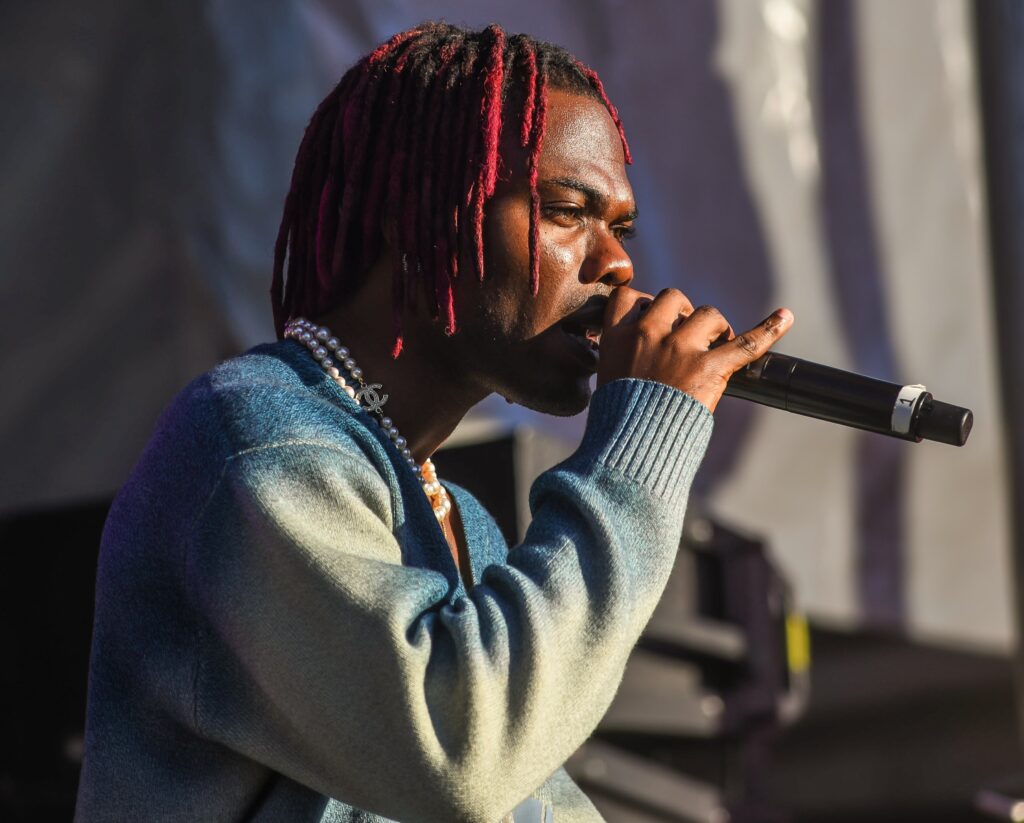
Among the new talents rising within the Afrobeats scene, Lagos musician Krizbeatz stands out. His work gained international recognition when his music was featured in Rihanna’s Fenty Beauty advert, showcasing the global reach and influence of Afrobeats. Krizbeatz has since become a central figure in the genre, known for his production skills and creative compositions.
Beyond his personal success, Krizbeatz is dedicated to nurturing the next generation of Afrobeats artists. He offers courses on music production, composition, and the distinctive drum patterns that characterize Afrobeats, ensuring that the genre continues to thrive and evolve with fresh talent.
